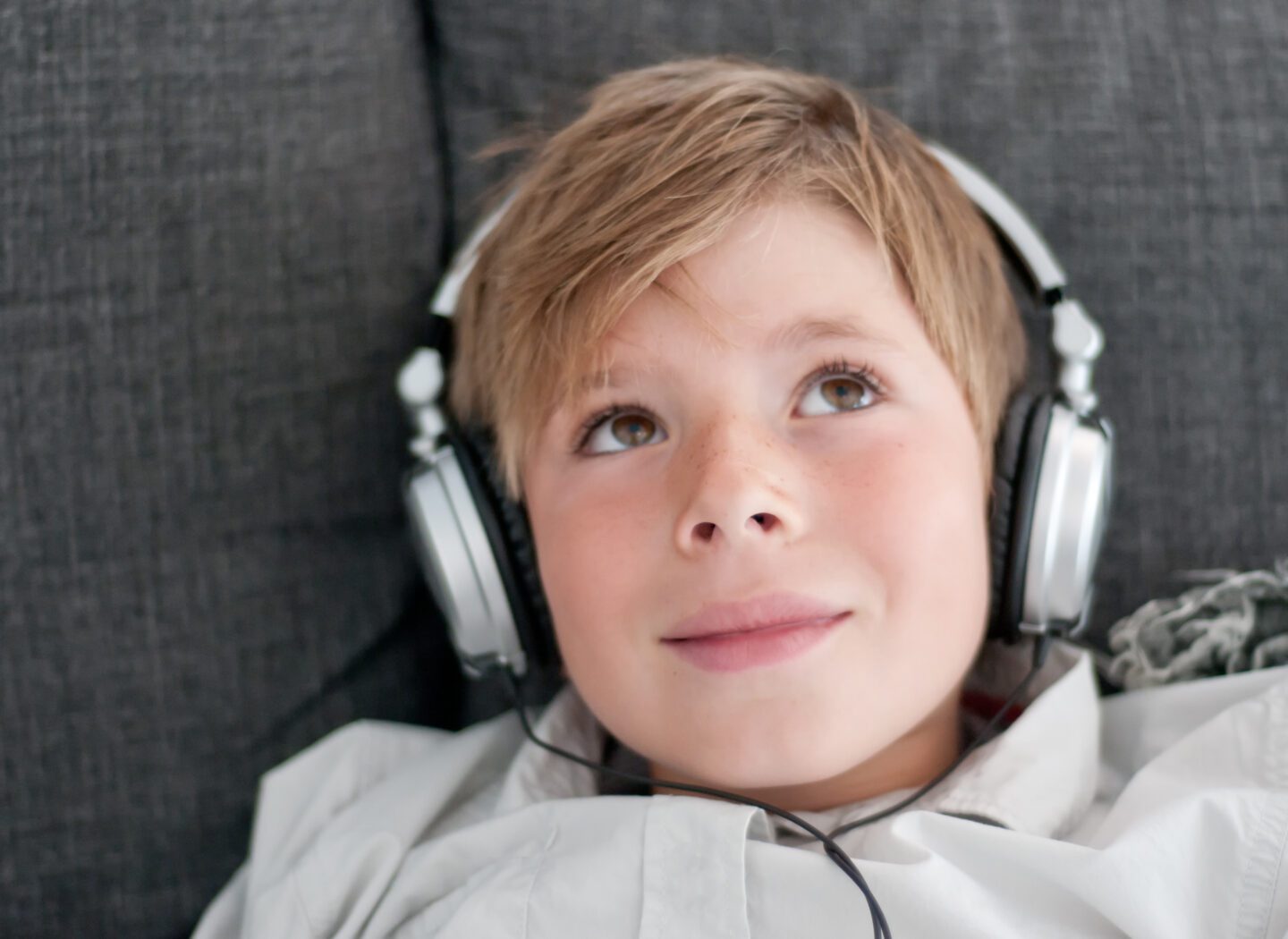
Prep Schools
We're here to help you and your child navigate the admissions process from start to finish.
Four Signs of Intelligence in Children (That Have Nothing to Do With Grades)
Since time immemorial, we’ve been asking ourselves: are test scores really the be-all and end-all?
Whilst schools and universities still rely heavily on grades and examinations to measure intelligence in children and teenagers, it’s a subject that has long been under scrutiny in the educational arena. From the 7 plus onwards, the pressure to achieve is on.
Indeed, though the focus on social mobility in education is extremely important– particularly at present, when there is so much inequality of opportunity with regard to higher education – and we can’t underestimate the value of utilising some contextual information when deciding whether a student should be granted entrance to a particular university, it does also lead us to question the adequacy of exams as a measure of aptitude.

Tests are important; there’s no doubt about that. But with leading educational thinkers arguing that the current examination system does not accurately reflect intelligence, and that, conversely, really bright students are ‘frustrated by papers’ that ‘allow for little or no original thought’ and ‘actively discourage creative thinking and intelligent responses’, might we need to begin looking at other measures if we are to ensure that the most gifted children are given the academic opportunities they deserve?
Below are four key signs of intelligence in children – some of which may be easy to miss.
Intelligence in Children: Language Skills
Look out for:
- A tendency to speak quickly, and to use longer and more complex sentences.
- A vocabulary that seems to develop quickly and almost seamlessly, as the child picks up more and more new words and expressions from the world around them.
- The ability to understand – and follow – instructions with many different steps from a young age (for example, go into your bedroom, fetch the blue container from your bedside table, put it back in the fridge in the kitchen, then bring me the packet of tissues from the counter.).
Intelligence in Children: Curiosity

Look out for:
- An interest in the world around them – particularly the beauty of the natural world, and how everything ‘works’.
- Frequent questioning of their surroundings, particularly what they see or hear – and a reluctance to accept simple or vague explanations.
- Early enthusiasm for reading, if guided into the activity and given a chance to continue the exploration in their own time.
- Curiosity regarding adult conversations, particularly when it comes to double meanings (which they’ll often manage to unpick).
Intelligence in Children: Learning Patterns
Look out for:
- A sponge-like quality: an effortless ability to pick up new concepts.
- A surprising bank of knowledge. You’ll be amazed by how much they’ve picked up – and how much they understand – about the world around them.
- An ability to recall facts with ease.
- Signs of early progress when it comes to motor skills. Gifted children tend to develop quickly when it comes to balance and coordination, and can often complete puzzles or Lego tasks more quickly than their peers.
- Signs of creative, independent thinking – you’ll notice that the child delights in learning, really enjoys puzzling out and finding their own unique methods of problem solving (thinking ‘outside the box’), and may even resist the efforts of an adult who tries to guide them toward another approach.
Intelligence in Children: Character
Look out for:
- Almost limitless reserves of energy. Gifted children are often highly active, moving and talking quickly, and constantly asking questions. Their speech sometimes becomes garbled because their mouth is not able to keep up with their very active brain, which can lead to frustration for them as others are too slow to keep up!
- Increased sensitivity/empathy. The phrase ‘wise beyond their years’ comes to play here; naturally intelligent children are often able to relate to people of all ages, and pick up on unexpected things, responding in perceptive and mature ways to what is going on around them.
- An inclination to lead. The ability to take charge and guide their peers is a strong indicator of intelligence.
- An inclination towards solitude. Whilst clever children are not necessarily anti-social, they may also really enjoy ‘alone’ time: reading, drawing, or even just daydreaming.
Find out more about how to choose the best pre-prep school for your child.
Get in Touch
Contact us for expert advice about tuition, Academic Assessments and the next steps for your child.
-
Give us a call
020 8883 2519 -
Email us
hello@mentoreducation.co.uk -


